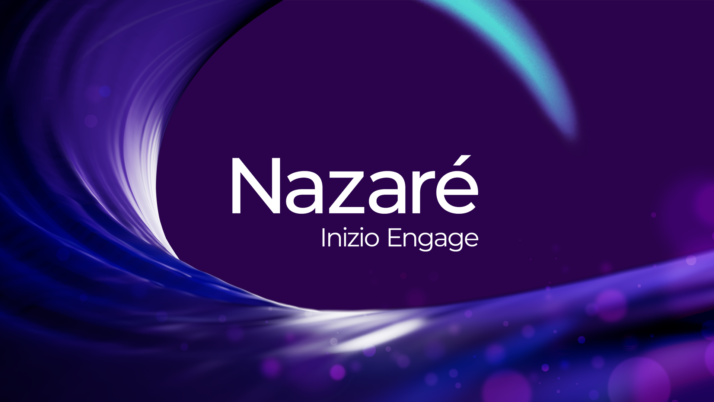
How are you maintaining customer-centricity?
We are all very aware that, at this moment in time, we’re in the midst of a situation we could not have possibly predicted. As we all rally to make sense of ourselves, our roles and how we work in this strange new world, what does this healthcare emergency mean for our ongoing goal – customer-centricity within our brand strategies?
As with any change, this pandemic has brought out the innovative amongst us. Whether its Joe Wicks’ daily PE lessons or Direct Line’s insurance reimbursement initiative, at the heart of these fast-paced innovations is the customer.
So whilst these consumer-facing industries seem to be finding ways to remain current, what’s the secret to achieving this in such a highly regulated industry like pharma? At Cormis, we are all with our clients, building the bus whilst driving it, but there do seem to be some critical success factors.
Agility in the face of adversity
What is certain is that we are being forced to react at pace to the changes this pandemic has brought about. Our clients’ marketing teams are having to gather cross-functional teams, re-shape 2020 brand plans, conceived and signed-off months in advance, whilst simultaneously planning for 2021. Although this change was unexpected, almost all pharma companies simultaneously stopped face-to-face engagements and went back to basics. The time not spent delivering original brand plans is being used to further build capabilities in data analysis & insight gathering to map what the new customer experience might look like and to ensure the route out of this crisis has this at its heart.
To succeed we must re-purpose, be agile and tailor our brand offerings accordingly.
Innovation with communication
Meanwhile, our field teams are switching their focus, adapting their skills and learning new digital engagement capabilities that fit into this world of limited or no face-to-face contact. Everyone reacts to change differently and, after the initial call to cancel some training until we can be F2F again, many of our clients started seeking support to transform pre-planned engagement opportunities to virtual. For some this has been a shock to the system, for others, it has become apparent that virtual selling is more than just giving your sales reps access to Zoom or Webex.
Taking the time out now to invest in your team’s digital capabilities will be well worth it as we realise that our futures involve a very slow transition out of this crisis. Although virtual engagement was already slowly picking up pace – Covid-19 has accelerated this for our teams and the HCPs they engage with. Field teams will always be relevant, that’s not in question; however we do need to be ready to embrace change and ask ourselves what this role might look like if our HCPs realise a newfound preference for virtual engagement.
Whatever the new normal looks like, we must be prepared to consider the importance of a true omnichannel approach to customer-engagement.
Fix your own mask before helping others
Agility and innovation are all well and good but thankfully one consistent theme across every industry has been a recognition of the importance of our mindset and that it is ok to not be ok.
Mindset is always at the heart of development & it is encouraging that so many of the projects we are working on start with the mindset of teams & their customers so that the focus can then turn to how they add value and offer support based on the needs of HCPs rather than simply sell-in their brand’s benefits.
By allowing your people to focus on mindset first, you are empowering them to manage uncertainty and deliver value to your customers.



